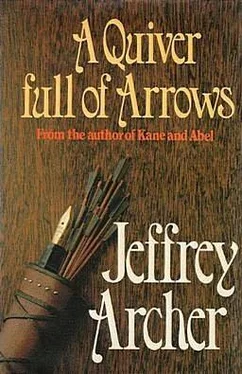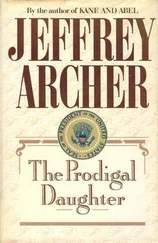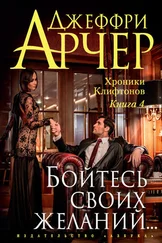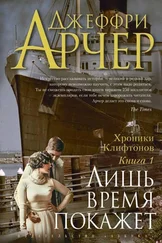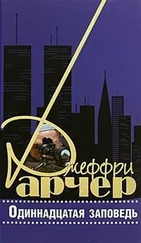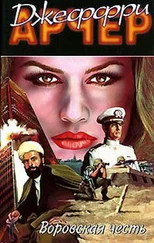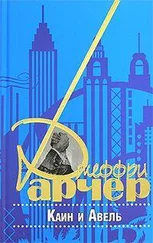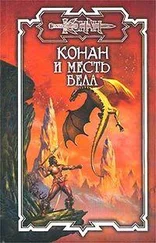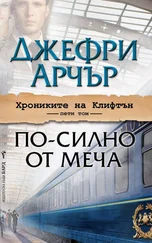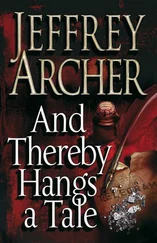Henry kissed her gallantly on the cheek and said: “It will be worth waiting for, my dear. I can assure you it will be a day neither of us will ever forget.”
“I’m sure of that,” Victoria replied as he released her hand.
On the morning of his wedding Henry leaped out of bed and drew back the curtains with a flourish, only to be greeted by a steady drizzle.
“The rain will clear by eleven o’clock,” he said out loud with immense confidence, and hummed as he shaved slowly and with care.
The weather had not improved by mid-morning. On the contrary, heavy rain was falling by the time Victoria entered the church. Henry’s disappointment evaporated the instant he saw his beautiful bride; all he could think of was taking her to Paris. The ceremony over, the Grand Pasha and his wife stood outside the church, a golden couple, smiling for the press photographers as the loyal guests scattered damp rice over them. As soon as they decently could, they set off for the reception at the Ritz. Between them they managed to chat to every guest present, and they would have been away in better time had Victoria been a little quicker changing and the General’s toast to the happy couple been considerably shorter. The guests crowded onto the steps of the Ritz, overflowing onto the pavement in Piccadilly to wave goodbye to the departing honeymooners, and were only sheltered from the downpour by a capacious red awning.
The General’s Rolls took the Grand Pasha and his wife to the station, where the chauffeur unloaded the bags. Henry instructed him to return to the Ritz now that he had everything under control. The chauffeur touched his cap and said, “I hope you and madam have a wonderful trip, sir,” and left them. Henry stood in the station, looking for Fred. There was no sign of him, so he hailed a passing porter.
“Where is Fred?” inquired Henry.
“Fred who?” came the reply.
“How in heaven’s name should I know?” said Henry.
“Then how in hell’s name should I know?” retorted the porter.
Victoria shivered. English railway stations are not designed for the latest fashion in silk coats.
“Kindly take my bags to the end carriage of the train,” said Henry.
The porter looked down at the fourteen bags. “All right,” he said reluctantly.
Henry and Victoria stood patiently in the cold as the porter loaded the bags on his trolley and trundled them off along the platform.
“Don’t worry, my dear,” said Henry. “A cup of Lapsang Souchong tea and some smoked salmon sandwiches and you’ll feel a new girl.”
“I’m just fine,” said Victoria, smiling, though not quite as bewitchingly as usual, as she put her arm through her husband’s. They strolled along together to the end carriage.
“Can I check your tickets, sir?” said the conductor, blocking the entrance to the last carriage.
“My what?” said Henry, his accent sounding unusually pronounced.
“Your tic... kets,” said the conductor, conscious he was addressing a foreigner.
“In the past I have always made the arrangements on the train, my good man.”
“Not nowadays you don’t, sir. You’ll have to go to the booking office and buy your tickets like everyone else, and you’d better be quick about it because the train is due to leave in a few minutes.”
Henry stared at the conductor in disbelief. “I assume my wife may rest on the train while I go and purchase the tickets?” he asked.
“No, I’m sorry, sir. No one is allowed to board the train unless they are in possession of a valid ticket.”
“Remain here, my dear,” said Henry, “and I will deal with this little problem immediately. Kindly direct me to the ticket office, porter.”
“End of Platform Four, governor,” said the conductor, slamming the train door in annoyance at being described as a porter.
That wasn’t quite what Henry had meant by “direct me.” Nevertheless, he left his bride with the fourteen bags and somewhat reluctantly headed back toward the ticket office at the end of Platform Four, where he went to the front of a long line.
“There’s a queue, you know, mate,” someone shouted.
Henry didn’t know. “I’m in a frightful hurry,” he said.
“And so am I,” came back the reply, “so get to the back.”
Henry had been told that the British were good at standing in queues, but as he had never had to join one before, he was quite unable to confirm or deny the rumor. He reluctantly walked to the back of the queue. It took some time before Henry reached the front.
“I would like to take the last carriage to Dover.”
“You would like what...?”
“The last carriage,” repeated Henry a little more loudly.
“I am sorry, sir, but every first-class seat is sold.”
“I don’t want a seat,” said Henry. “I require the carriage.”
“There are no carriages available nowadays, sir, and as I said, all the seats in first class are sold. I can still fix you up in third class.”
“I don’t mind what it costs,” said Henry. “I must travel first class.”
“I don’t have a first-class seat, sir. It wouldn’t matter if you could afford the whole train.”
“I can,” said Henry.
“I still don’t have a seat left in first class,” said the clerk unhelpfully.
Henry would have persisted, but several people in the queue behind him were pointing out that there were only two minutes before the train was due to leave and that they wanted to catch it even if he didn’t.
“Two seats then,” said Henry, unable to make himself utter the words “third class.”
Two green tickets marked Dover were handed through the little grille. Henry took them and started to walk away.
“That will be seventeen and sixpence please, sir.”
“Oh, yes, of course,” said Henry apologetically. He fumbled in his pocket and unfolded one of the three large white five-pound notes he always carried on him.
“Don’t you have anything smaller?”
“No, I do not,” said Henry, who found the idea of carrying money vulgar enough without it having to be in small denominations.
The clerk handed back four pounds and a half-crown. Henry did not pick up the half-crown.
“Thank you, sir,” said the startled man. It was more than his Saturday bonus.
Henry put the tickets in his pocket and quickly returned to Victoria, who was smiling defiantly against the cold wind; it was not quite the smile that had originally captivated him. Their porter had long ago disappeared and Henry couldn’t see another in sight. The conductor took his tickets and clipped them.
“All aboard,” he shouted, waved a green flag and blew his whistle.
Henry quickly threw all fourteen bags through the open door and pushed Victoria onto the moving train before leaping on himself. Once he had caught his breath he walked down the corridor, staring into the third-class carriages. He had never seen one before. The seats were nothing more than thin worn-out cushions, and as he looked into one half-full carriage a young couple jumped in and took the last two adjacent seats. Henry searched frantically for a free carriage but he was unable even to find one with two seats together. Victoria took a single seat in a packed compartment without complaint, while Henry sat forlornly on one of the suitcases in the corridor.
“It will be different once we’re in Dover,” he said, without his usual self-confidence.
“I am sure it will, Henry,” she replied, smiling kindly at him.
The two-hour journey seemed interminable. Passengers of all shapes and sizes squeezed past him in the corridor, treading on his Lobbs hand-made leather shoes, with the words:
“Sorry, sir.”
“Sorry, guv.”
“Sorry, mate.”
Henry put the blame firmly on the shoulders of Clement Attlee and his ridiculous campaign for social equality, and waited for the train to reach Dover Priory Station. The moment the engine pulled in Henry leaped out of the carriage first, not last, and called for Albert at the top of his voice. Nothing happened, except a stampede of people rushed past him on their way to the ship. Eventually Henry spotted a porter and rushed over to him only to find he was already loading up his trolley with someone else’s luggage. Henry sprinted to a second man and then on to a third and waved a pound note at a fourth, who came immediately and unloaded the fourteen bags.
Читать дальше
